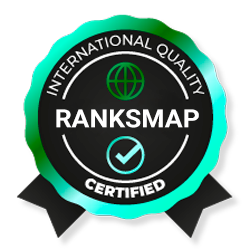RECYCLE... MANDATORY
We "produce" over 150,000 tons of electrical and electronic waste annually in Greece, with growth trends of the order of 2% per year. All these objects that are no longer useful to us end up in landfills, with harmful consequences for the environment and consequently for our health. Although not widely known, e-waste contains a host of toxic substances, which can be released into nature and contaminate the air, soil and water.
Do you know what you can and should recycle?
Any device in your home or office that runs on electricity and batteries. Televisions, computers, printers and all their accessories, mobile and landline phones, water heaters, washing machines, refrigerators, kitchens, lamps, electronic games, CD players, DVDs and any other small electrical appliance.
Do you know what we throw in the trash?
Lead, present in every computer monitor, can cause damage to the central and peripheral nervous system of humans. 40% of lead found in landfills comes from consumer electronics.
23% of the mercury consumed each year worldwide is used in electrical and electronic equipment. It can accumulate easily in living things and passes into the food chain through fish. It is responsible for chronic problems as well as brain damage.
Hexavalent chromium, used in electronic and electrical items as a hardener and to protect them from oxidation, may cause DNA damage.
The sorting and classification of the devices is done according to the materials from which they are made. From computers, for example, hard drives, plastics, power supplies, circuit boards, irons and CD and DVD readers are separated. Batteries, which require special handling because they contain highly toxic substances, are collected and given to the special battery recycling system. The separate collection and processing of electrical and electronic waste helps to make the waste as clean as possible, thereby reducing the hazardous substances that pollute the atmosphere when burned in landfills. Only 10% of the original weight will end up in the trash and... of course, in a very small volume. As for the remaining 90%, iron and other metals go to the respective industries and are thrown into production. Many of the screens collected are in good condition and after being inspected, they are exported to companies that repair them and sell them in Third World countries.
Do you know where you can recycle your devices?
Do not throw electrical and electronic devices that you no longer need in the municipal bin located near your home. Contact the commercial retail store where you purchased your device or even your nearest electrical and electronics store.
FREE COLLECTION OF YOUR OLD DEVICE WITH A CALL TO 210 2022060









